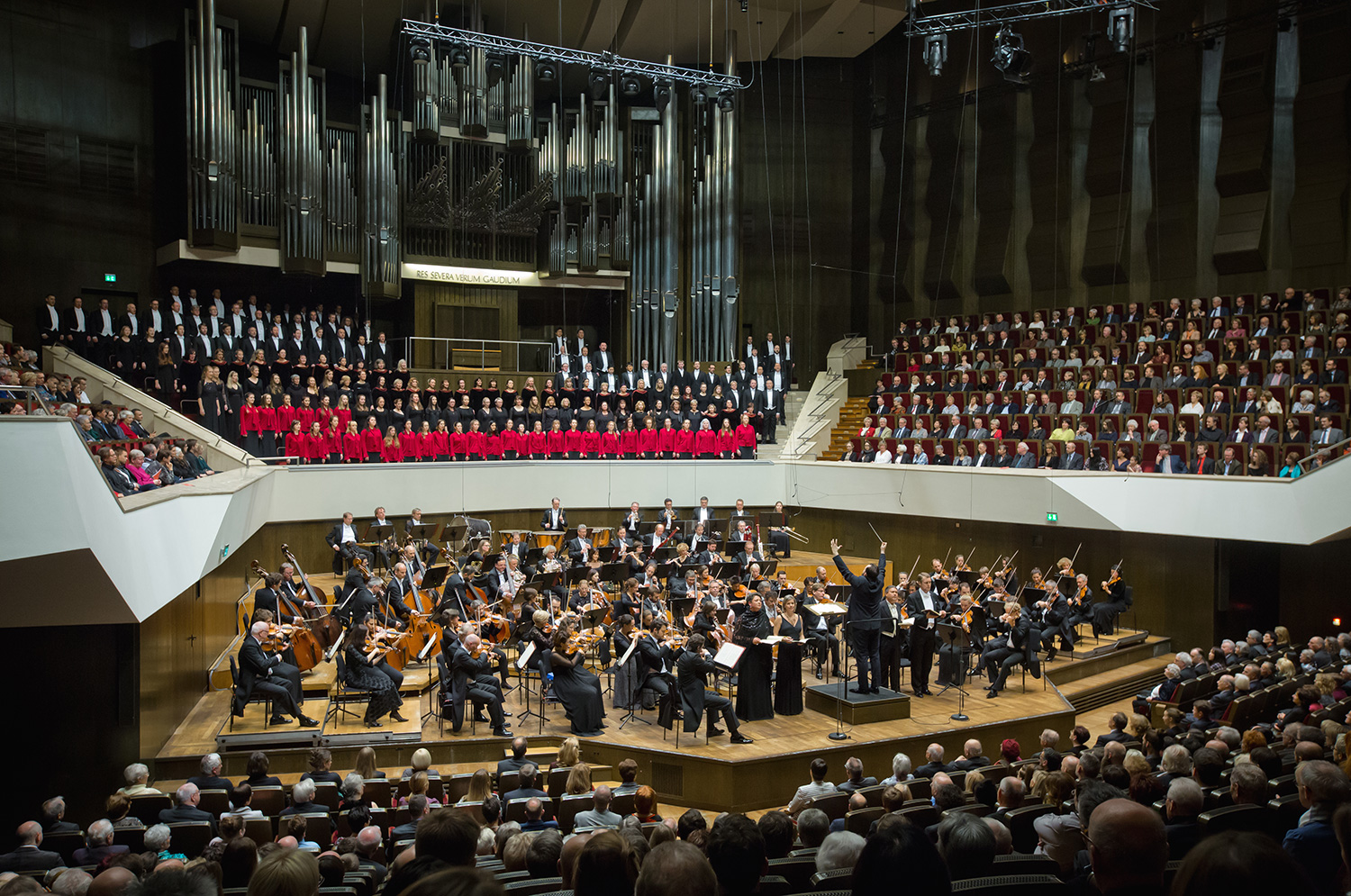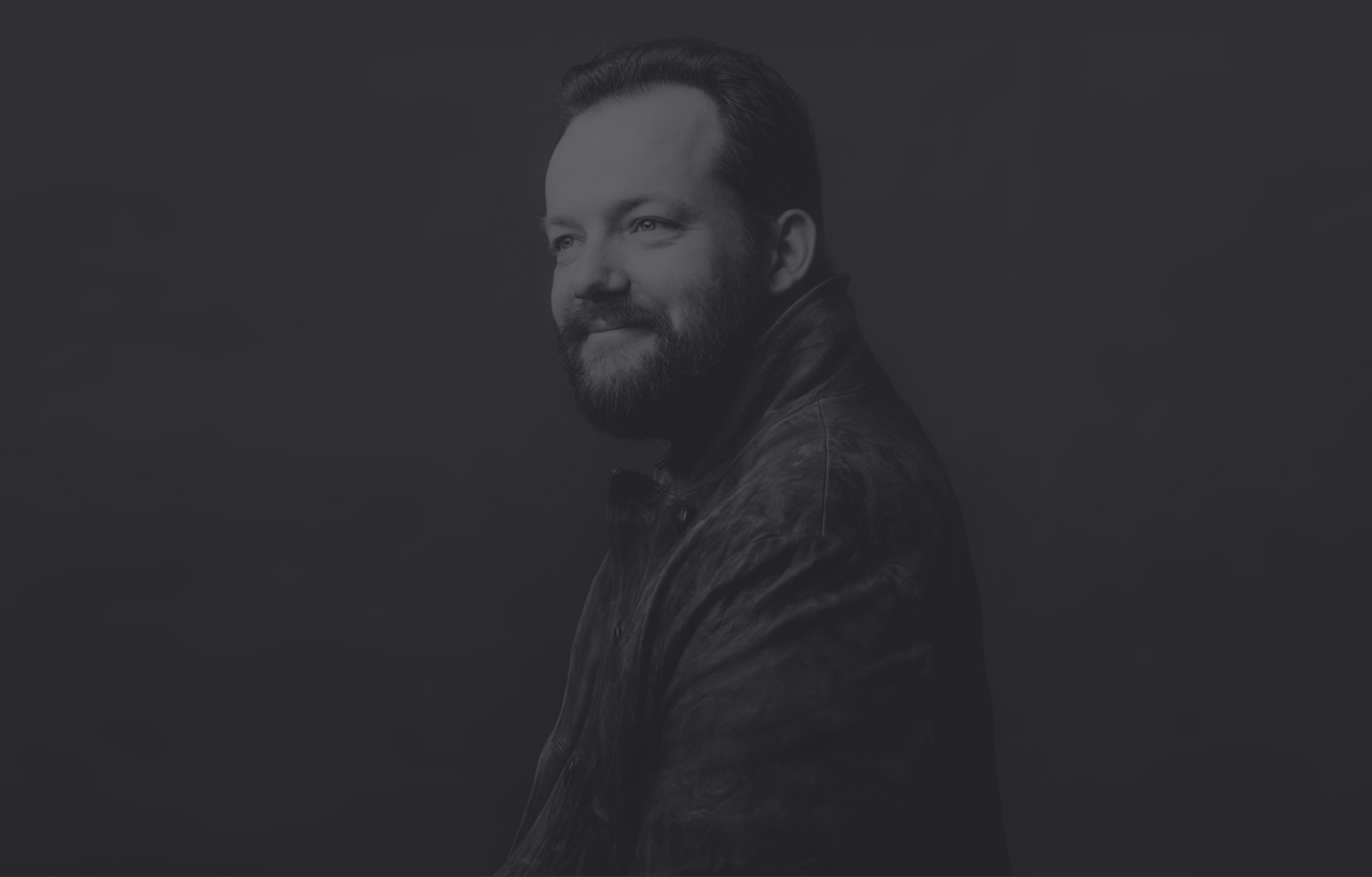Mutual Heritage

The history of close cultural connections between Boston and Leipzig began in 1881, when the Boston Symphony Orchestra’s founder, Henry Lee Higginson, appointed Leipzig Conservatory-trained Georg Henschel as the BSO’s first conductor. Subsequent conductors of the BSO, including Wilhelm Gericke, Emil Paur, Max Fiedler, Karl Muck, and particularly Arthur Nikisch, were either educated in Leipzig and/or held posts with the Gewandhausorchester. In the mid-20th century, the Leipzig tie was reinforced when Charles Munch was BSO Music Director from 1949 to 1962. Munch, who studied in Leipzig, was concertmaster of the Gewandhausorchester from 1926 to 1933.
Symphony Hall in Boston, which was inaugurated in 1900, is not simply a replica of the historically renowned second Gewandhaus that opened its doors in 1884 and was destroyed in 1944. Mr. Higginson had visited the Leipzig concert hall while touring Europe and had instructed his team of architects to design a larger version of the Gewandhaus, with as many as 2600 seats. Boston’s new hall also added the latest acoustic principles to the overall design of its Leipzig counterpart. These acoustical principles played a major role in determining the size of the stage and the placement of sound-absorbing statues in the auditorium, among other features.
In 1974, the Gewandhausorchester appeared in Boston’s Symphony Hall during its first tour of the United States. To date, Boston has welcomed the Gewandhausorchester for ten guest performances, including its most recent appearance in the 2014-15 concert season. While the BSO made its debut appearance at the Gewandhaus in May 2016, the Leipzig hall featured the Boston Youth Symphony Orchestra, affiliated with the BSO, in 2008 during its European tour.
Since its founding in 1743, the GHO has been associated with some of the greatest figures of music history, including Johann Sebastian Bach, who lived and worked in Leipzig from 1723 until 1750, the year of his death at age 65. In addition to the GHO’s widely known reputation for performances of the works of Bach, the orchestra also gave the premieres of works by such luminaries of classical music as Beethoven, Schumann, Mendelssohn, and Brahms. This tradition has continued into the 20th and 21st centuries with scores by such significant composers as Henze, Kancheli, and Rihm, among others. The BSO’s own compositional legacy is similarly without parallel, including some of the seminal scores of the last century from composers ranging from Stravinsky, Prokofiev, and Bartók, to Messiaen and Dutilleux, and myriad Americans including Copland, Bernstein, Sessions, Carter, and Harbison, among others.
